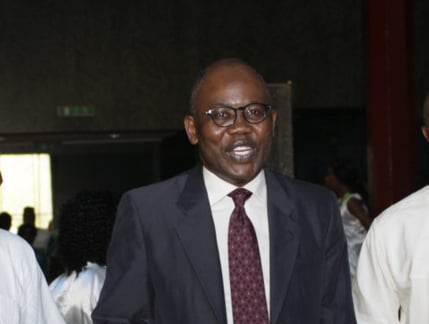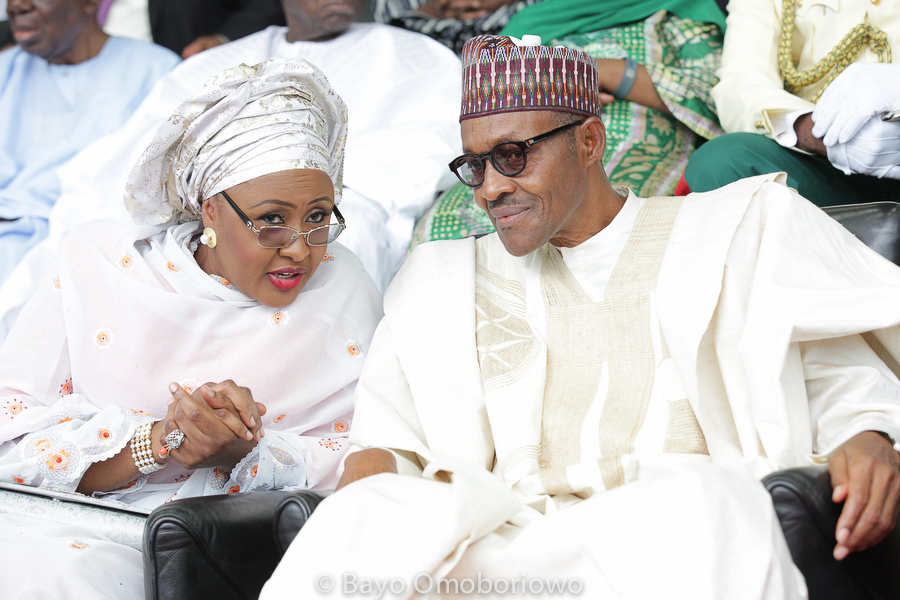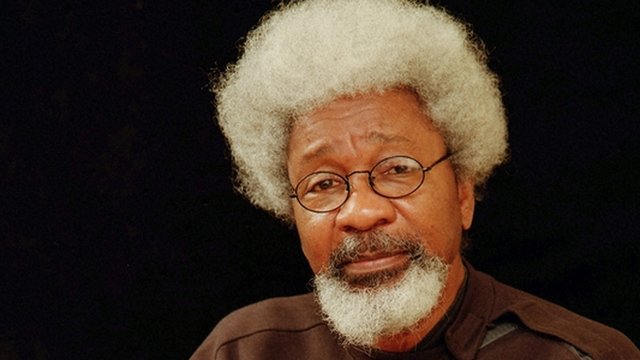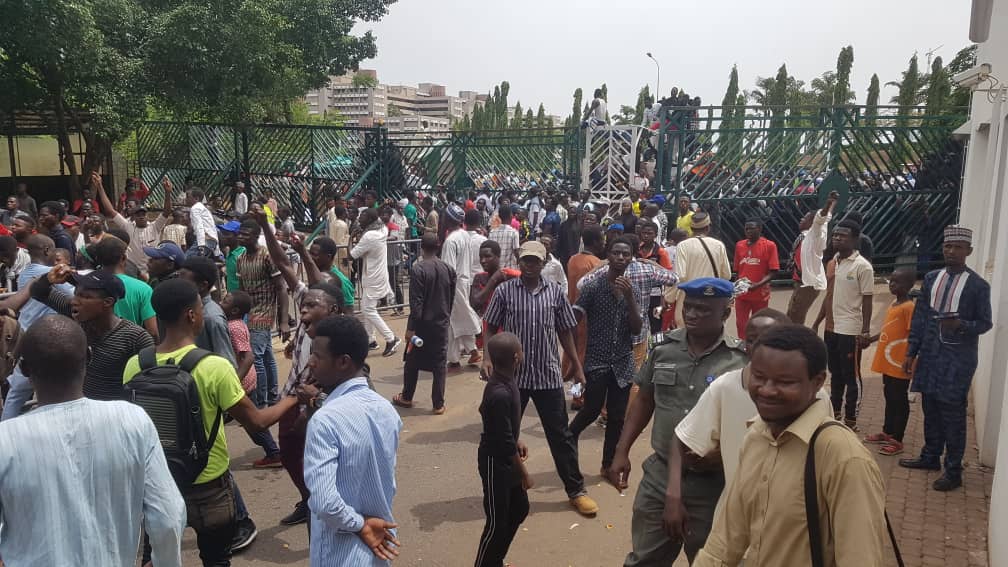Mohammed Adoke, former minister of justice and attorney general of the federation, has asked a federal high court in Abuja, to dismiss a bench warrant issued for his arrest.
The court had ordered Adoke’s arrest alongside Dan Etete, former minister of petroleum, and four foreigners, Raph Wetzels, Casula Roberto, Pujato Stefano, and Burrato Sebastiano.
This followed failure of the six individuals to appear in court over their alleged role in the OPL 245 deal.
Ruling on an ex parte motion filed by the Economic and Financial Crimes Commission (EFCC) on April 17, D. Z. Senchi, the presiding judge, ordered the Nigeria police, the INTERPOL and any other law enforcement agencies to arrest the suspects anywhere they were found.
Advertisement
But in a motion on notice filed before the court through Mike Ozekhome, his legal counsel, Adoke told the court to dismiss the order.
He said the court lacked the jurisdiction to have granted the order in the first instance.
Adoke had earlier said he would challenge the court order, as he had no case to answer.
Advertisement
“The honorable judge was misled by the EFCC to grant the warrant. Justice Binta Nyako ruled in April 2018 that I was only carrying out a presidential order in the OPL 245/Malabu transaction and that I had no case to answer,” the former AGF had said in an email to TheCable.
“That naturally ends the EFCC case against me but the agency has chosen this path and I will use all legal means to exonerate myself.”
OPL 245 is an oilfield in the Niger Delta, estimated in some quarters as holding about nine billion barrels of crude oil. It is considered as one of the most lucrative on the continent.
In 1998, the military regime of Sani Abacha came up with the policy of encouraging indigenous participation in the upstream sector of the oil and gas industry.
Advertisement
Oil blocks were allocated to indigenous companies at a reduced signature bonus of $20 million.
Signature bonus is a one-time fee for the assignment and securing of a licence, paid irrespective of economic success for the contractor or licensee.
On April 9, 1998, the federal military government awarded OPL 245 to Malabu Oil and Gas Ltd, which was said to be owned mainly by Mohammed Abacha, son of the Sani Abacha, and Etete, who was the petroleum minister at the time.
On July 2, 2001, President Olusegun Obasanjo revoked Malabu’s licence and assigned the oil block to Shell — without a public bid. Malabu went to court, but ownership was reverted to it in 2006 after it reached an out-of-court settlement with the federal government.
Advertisement
Shell fought back and commenced arbitration against Nigeria, but when President Goodluck Jonathan came to power in 2010, the controversy appeared to have been resolved with Shell and Eni agreeing to buy the oil block from Malabu for $1.1 billion.
The oil companies also paid $210 million as signature bonus to the federal government of Nigeria.
Advertisement
However, allegations of graft have bedevilled the deal, leading to the jailing of the middlemen by an Italian court in 2018.
The EFCC brought back Malabu case in 2017, seeking a court order to return OPL 245 to the federal government — an order which was granted by the federal high court.
Advertisement
Add a comment






